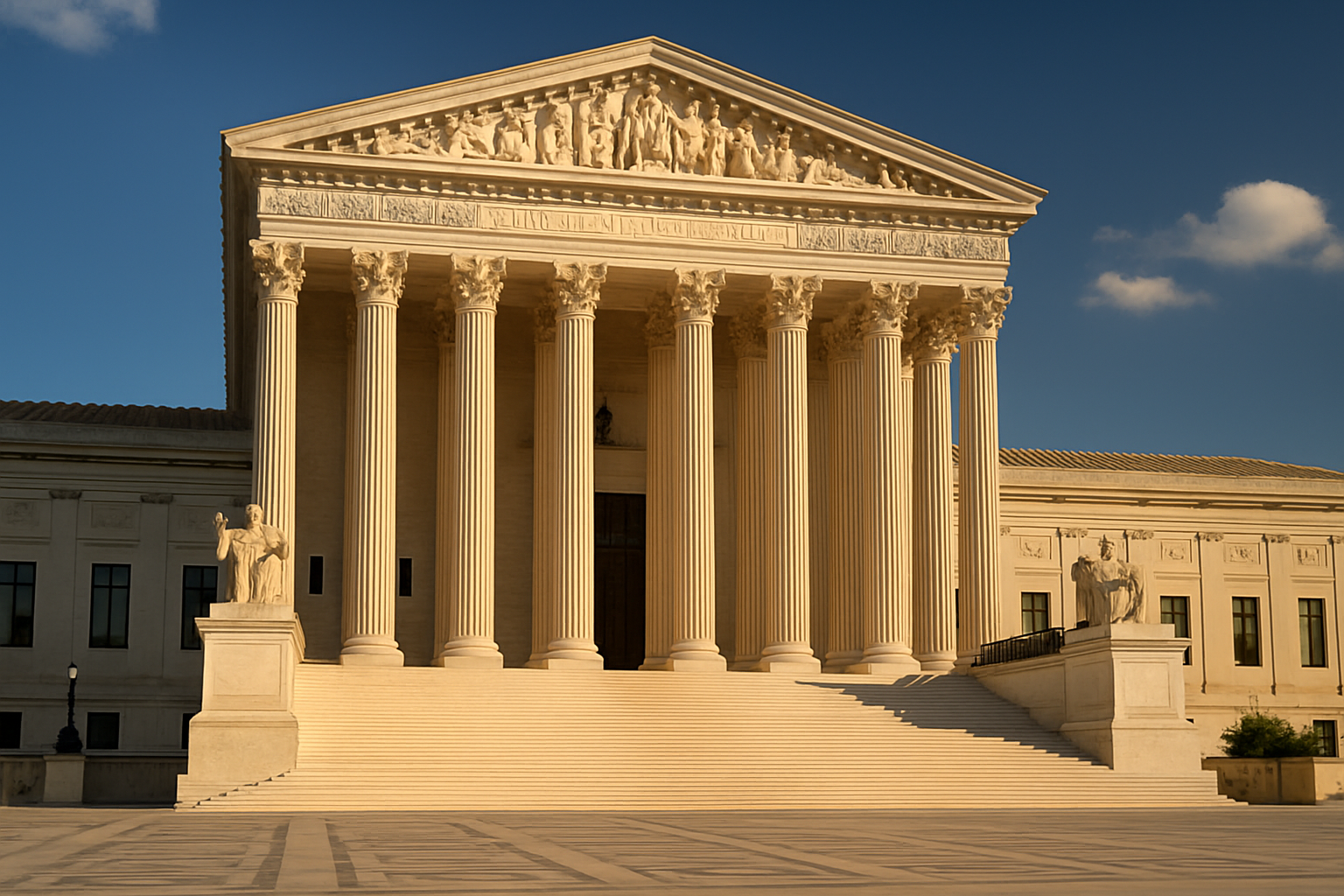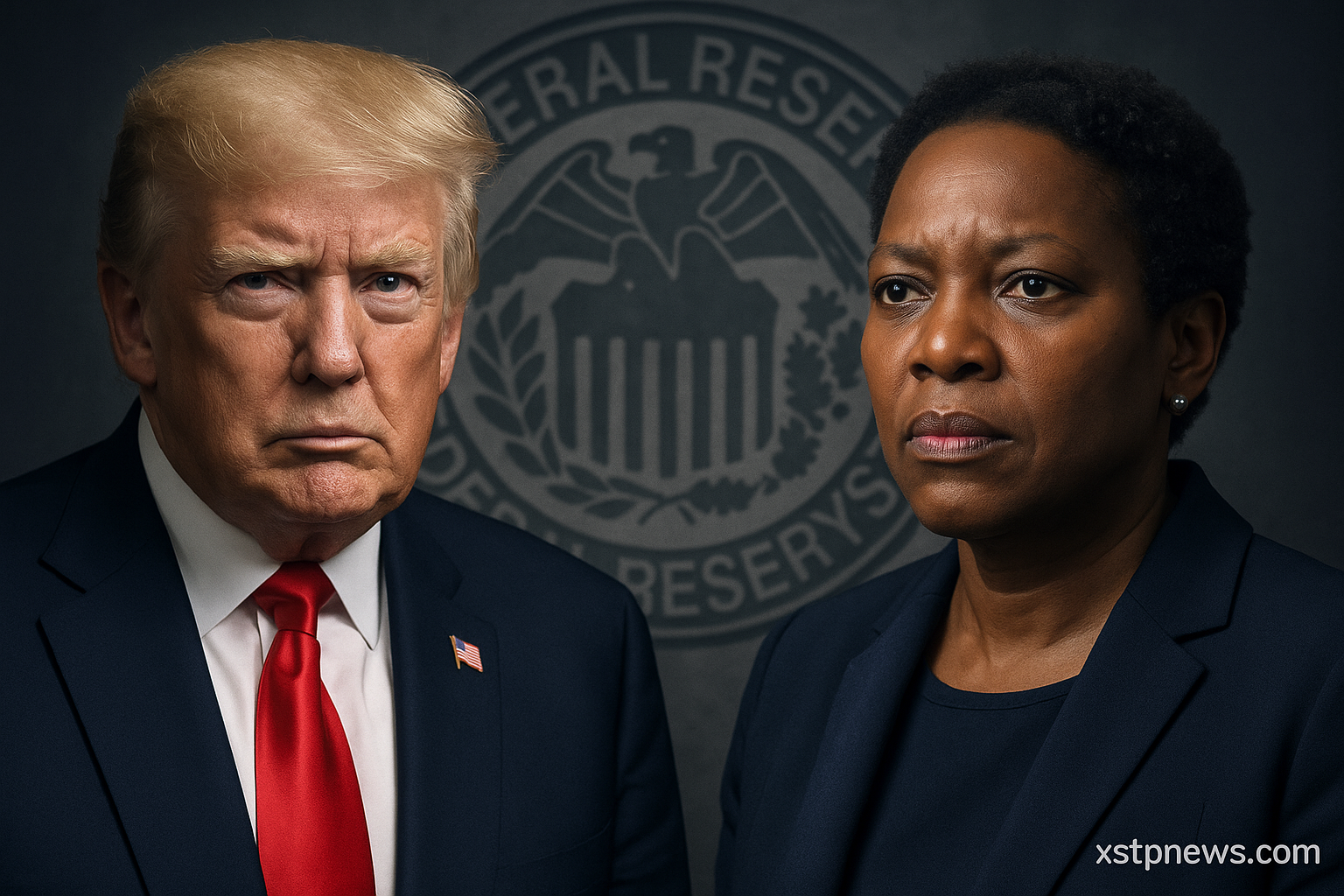The U.S. Supreme Court has ruled that federal judges no longer have the authority to issue nationwide injunctions blocking executive actions. The 6–3 decision restricts lower courts from halting presidential policies across the entire country, a tool often used in recent years to challenge initiatives under President Donald Trump.
The ruling was welcomed by Attorney General Pam Bondi, who described it as a major win for constitutional balance. She stated that “rogue judges will no longer be able to stop the president’s agenda from coast to coast with a single ruling.”
At the center of the decision was the legal challenge against Trump’s executive order to end birthright citizenship, a policy that faced multiple court blocks in previous years. The Supreme Court stopped short of ruling on the constitutionality of the order but made clear that injunctions must be narrow in scope and local in effect.
This change will require future legal challenges to move through multiple district courts, instead of relying on a single ruling to pause enforcement nationwide. Supporters argue it restores separation of powers, while critics say it weakens the judiciary’s ability to check executive overreach.
The decision sets a lasting precedent for how federal courts interact with the presidency and could reshape the legal battleground over controversial executive actions in the coming years.







